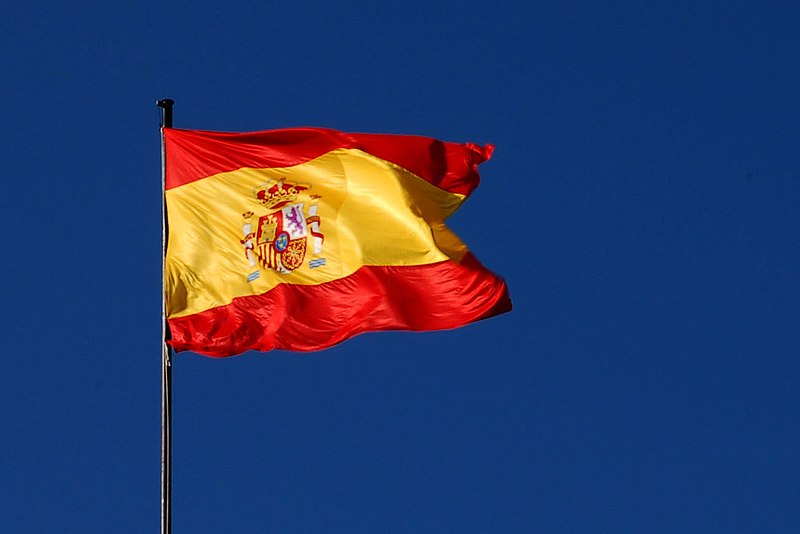Finalmente! Spain Adopts Self-Determination Law

Today, the Spanish parliament has adopted the Trans law after years of debate. The law will base the gender recognition procedure on self-determination. Spain is the first large country geographically in Europe to do so. TGEU welcomes this new law as a milestone in trans people’s equality and congratulates activists, allies and policy makers who have fought long and hard for it.
What’s in the law?
The law stipulates for legal gender recognition:
- Administrative procedure based on self-determination for Spanish citizens aged at least 16 years.
- No need for mental health diagnosis or other medical proof.
- Written application to the public registry, followed by first personal appearance
- Confirmation in person within three months.
- Registry has to issue a decision within a month after the second submission.
- The applicant has to be informed about the legal gender recognition process, existing support and equal treatment measures as well as trans associations.
- Migrants can use the procedure to change their Spanish documents, if their country of origin does not provide for legal gender recognition .
For children:
- Best interest of the child is paramount.
- 16 -18 years and over: similar procedure as for adults.
- 14 – 16 years: presence of parents required; if they do not agree, the child must have a legal guardian.
- 12 – 14 years: judicial authorisation required.
- Younger than 12 years: name change on identity documents possible, but no gender marker change.
The law unfortunately, does not recognise or provide a path-way for non-binary people.
“Today, dignity replaces paternalism and violation of bodily integrity. Spain is the first territorial country in Europe to implement self-determination. I am confident we will see how excellent it works in practice and that it will sustainably improve the socio-economic position of trans people. Congratulations to the trans people in Spain and their allies to this important milestone for trans people’s equality”, comments Lenny Emson, TGEU Executive Director.
The law will also introduce key measures in healthcare, employment, education, anti-LGBTI discrimination, violence and homelessness. A national LGBTI strategy is to be established and conversion practices will be prohibited.
“I am particularly relieved to see that trans migrants can finally have their Spanish documents reflect their gender identity and chosen name and thus ease their lives considerably”, adds Emson.
What impact could this law have?
Spain is the destination for many trans migrants from Latin America and the Caribbean, which account for 68% of all trans murders registered globally. TGEU’s TMM 2022 report found 36% of the trans people reported murdered in Europe were migrants.
“The trans law is a true social advancement for Spain, as a community of migrant trans people in search of refuge, this gives us hope that we are living in a society that wants to take care of our integrity and improve our quality of life.“ comments Yoana Mata, a volunteer working with trans migrant women at Acathi.
Today’s vote is the outcome of years of advocacy by trans activists, where some even had to go on hunger strike to get the reform going. The last year of the process was overshadowed by bitter debates over alleged “legal insecurities” and threats to women’s rights. These delayed the process considerably, poisoned public perception and made trans people even more vulnerable to verbal and physical abuse.
After years of stalled progress, currently, different European countries are looking at introducing self-determination. Finland has just done so, whereas a Scottish bill has been shot down by the UK government. Others, such as the Netherlands, Germany, or Sweden similarly aim at simpler procedures.
To date, 11 countries in Europe have introduced self-determination models.